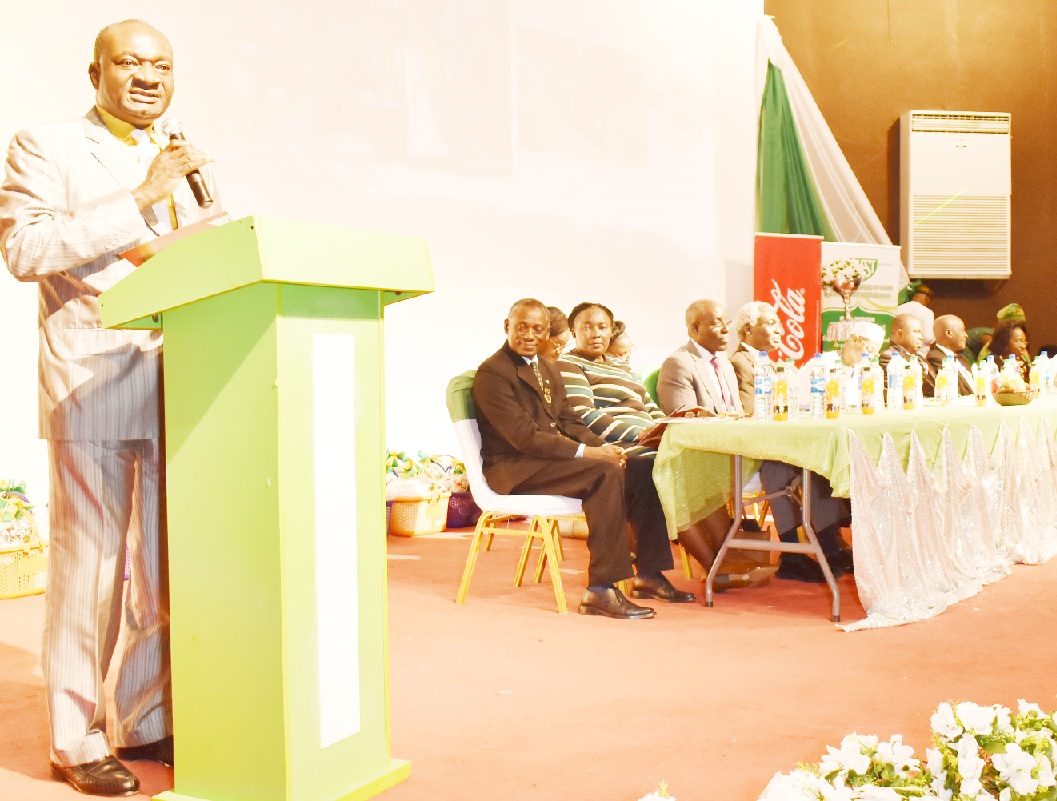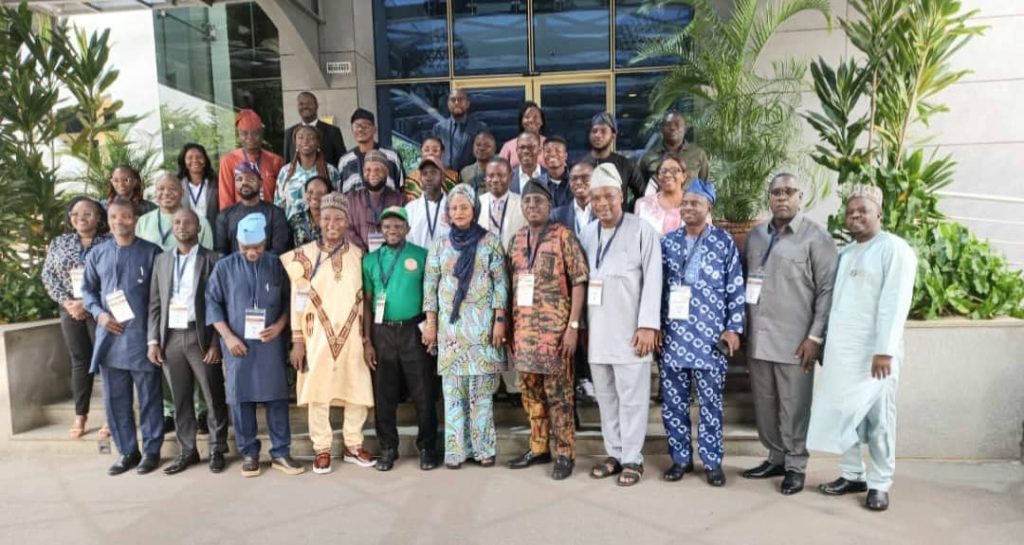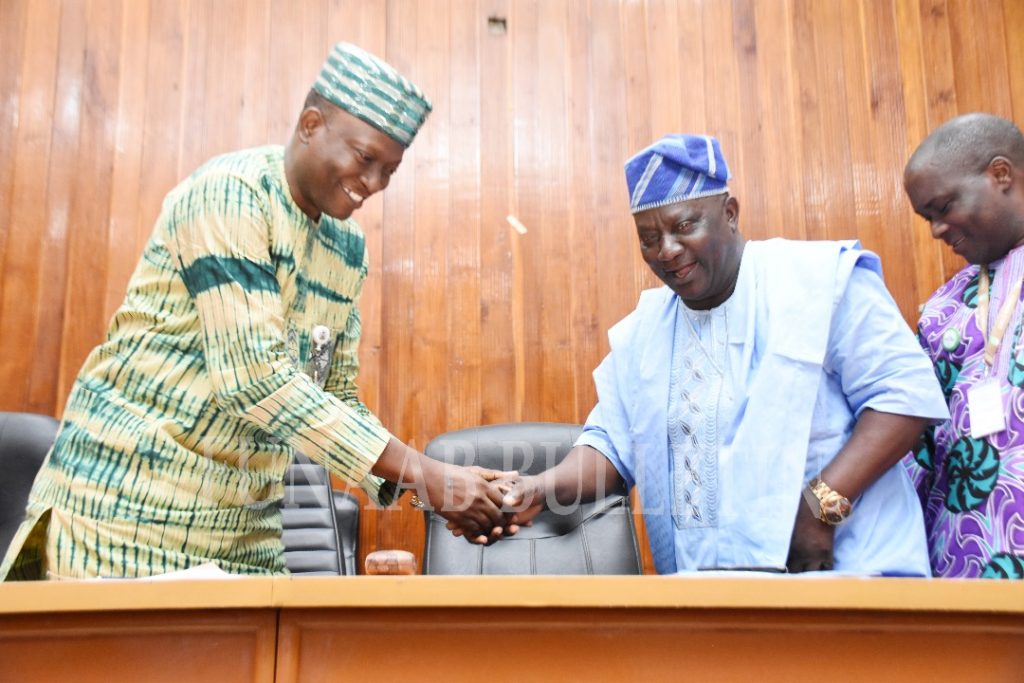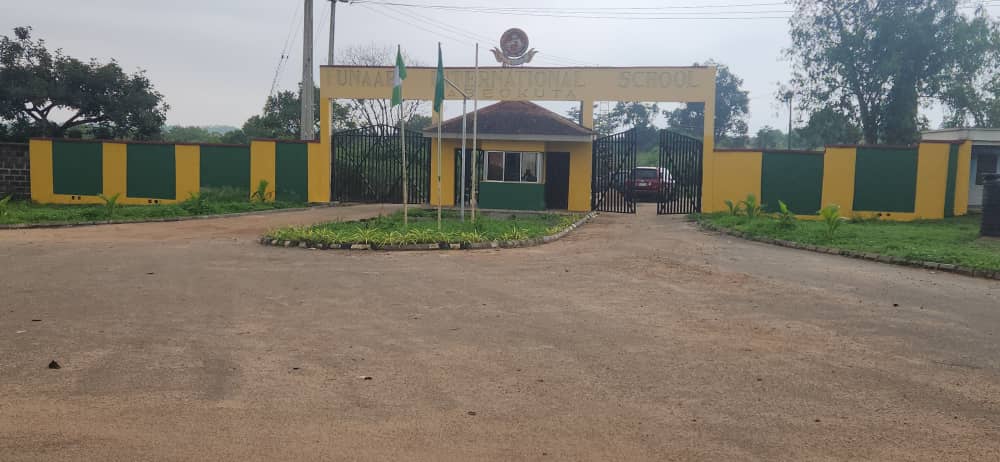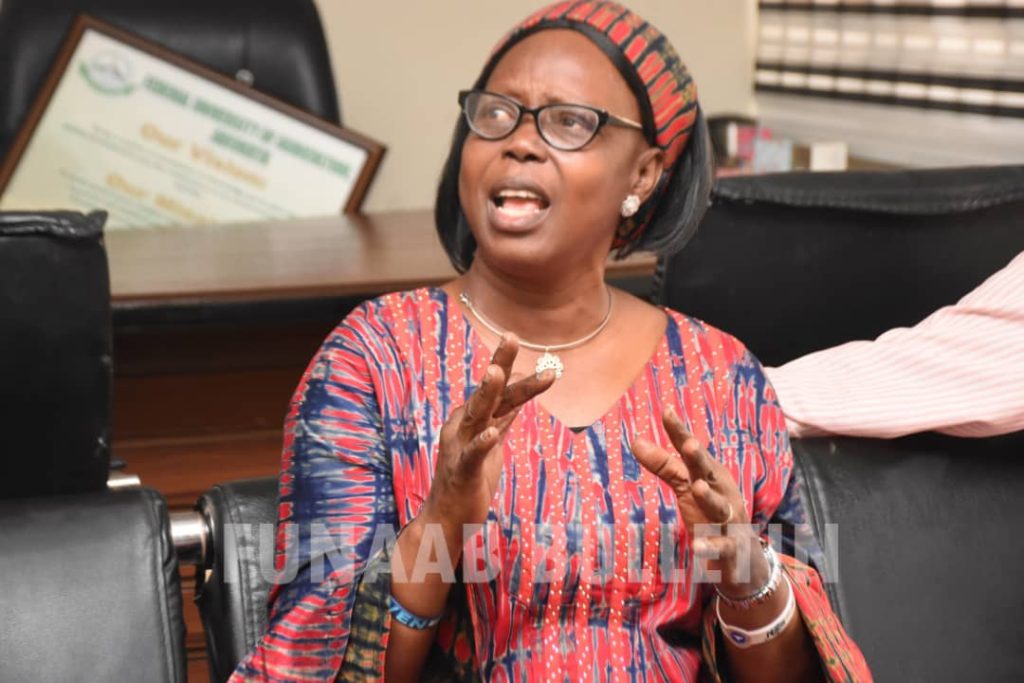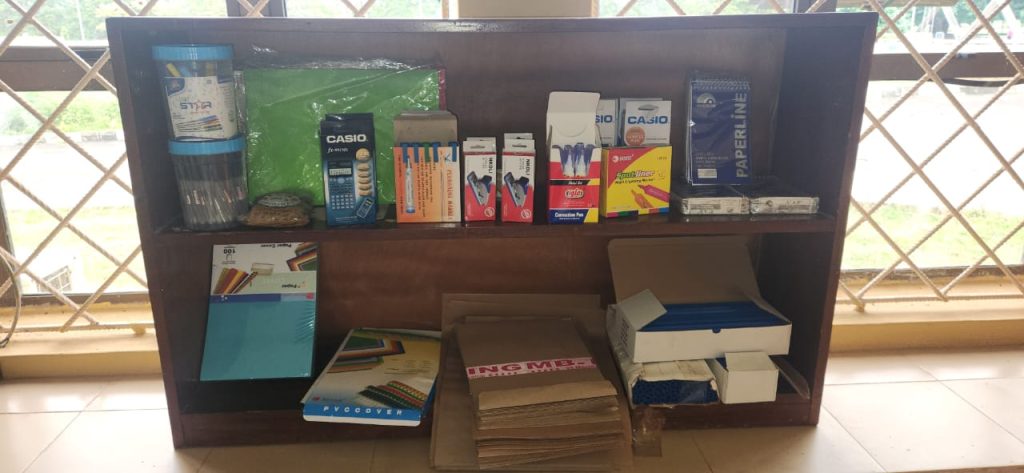Last Updated on November 5, 2018 by FUNAAB
The Country Manager, Cassava: Adding Value for Africa Phase 2 (C:AVA 2) Nigeria, Professor Lateef Sanni has attested to the success of the Project in alleviating food insecurity, unemployment and improving the income of the rural poor in the Country.
Speaking at the C:AVA 2 Nigeria Special Session during the Nigerian Institute of Food Science and Technology (NIFST) 42nd Conference and Annual General Meeting, slated to mark World Food Day, Professor Sanni said the success of project which is centred on the cassava value-added chain is evident in products like the fufu powder and High Quality Cassava Flour (HQCF) in the market.
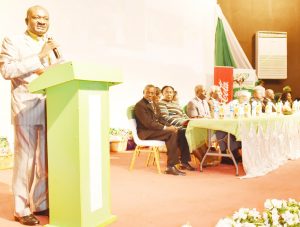
According to him, the CAVA project which started in 2008 with the view of improving the profitability of cassava sales in various products, focused on three key intervention points in the value chain which included ensuring a consistent supply of raw materials; developing viable intermediaries that act as secondary processors or bulking agents in value chains; and driving market demand and building market share for bakery industry, components of traditional foods or plywood/paperboard applications.
Professor Sanni, however, noted that the project encountered some bottlenecks due to the inconsistency in government policy, which affected majority of SMEs as they did not have ready market for their HQCF hence they were forced to shut down.
This, he said, encouraged the Project to work with the private sector to begin to diversify not looking at the use of HQCF for bread or confectionary alone. Other market opportunities developed for cassava were the production of Chin-chin, Doughnut and Puff-Puff from HQCF, starch, ethanol, and the livestock (including aquaculture) feed sector.
The Country Manager congratulated the SMEs who had invested and taken advantage of the market, describing them as the engine of industrialization in Africa.
Recounting the journey of the project so far, the Project Manager, Professor Kola Adebayo said ” We have journeyed far in the last 10 years, there have been pains and joy but we are proud of what we have been able to achieve as a project and as a University on the continent of Africa and we know that the knowledge base that has been built up over the last 10 years still remains on our continent and we will continue to guide the sector in the future”.
He disclosed that the purpose of C:AVA is to facilitate systems where small holder farmers in the second phase would have sold up to 2 million metric tonnes of fresh roots into new value chain, soliciting for the continuity of the vision of the project even after it rounds up in March next year.
Delivering his Welcome Address, the Vice-Chancellor, Professor Kolawole Salako who disclosed that the University has been collaborating and supporting the development of the cassava industry, CAVA and NIFST for over a decade, appreciated the contributions of all intellectuals to the Cassava business, while noting that there is more to be done in that sector.
According to him, “we are hoping that the Nigerian government would start investing and focusing more in research. It is not just about providing money, provide money and let the money bring results. Questions should be asked, there should be monitoring and evaluation”.
Professor Salako who challenged research institutes in the country to make their impact felt said, “We have many research institutes, about 20 of them in Agriculture particularly in the areas of crop, what are we doing that we need Bill Gates to come and fund us for cassava. Are we saying we don’t have the people? They are there and how we know this is that whenever these people go abroad, they perform.
So we need the enabling environment right now for our staff and scientist to perform. Yes, CAVA may be rounding up in March next year but we should not round up and I believe that we are going to make it”, he said.
In his goodwill message, Professor Malachy Akoroda of Global Cassava Partnership for the 21 century reiterated the importance of cassava as a strategic crop for Africa and called for increased support for the crop.
According to him, the use of the crop goes beyond the need for food to its industrial importance as ethanol to power renewal engines and for vehicles, adding that cassava is the most effective crop among 400,000 species of plants because it can capture solar power for 12 months non-stop while most other cereals can do so for half of that time.
SMEs that were on ground to share their success stories from C:AVA II include Lakatabu Food Specialties Ltd., Al Fawaz Farms and Agro Allied Ltd, WAHAN Foods Nigeria Ltd. and Open Door System International Ltd.

